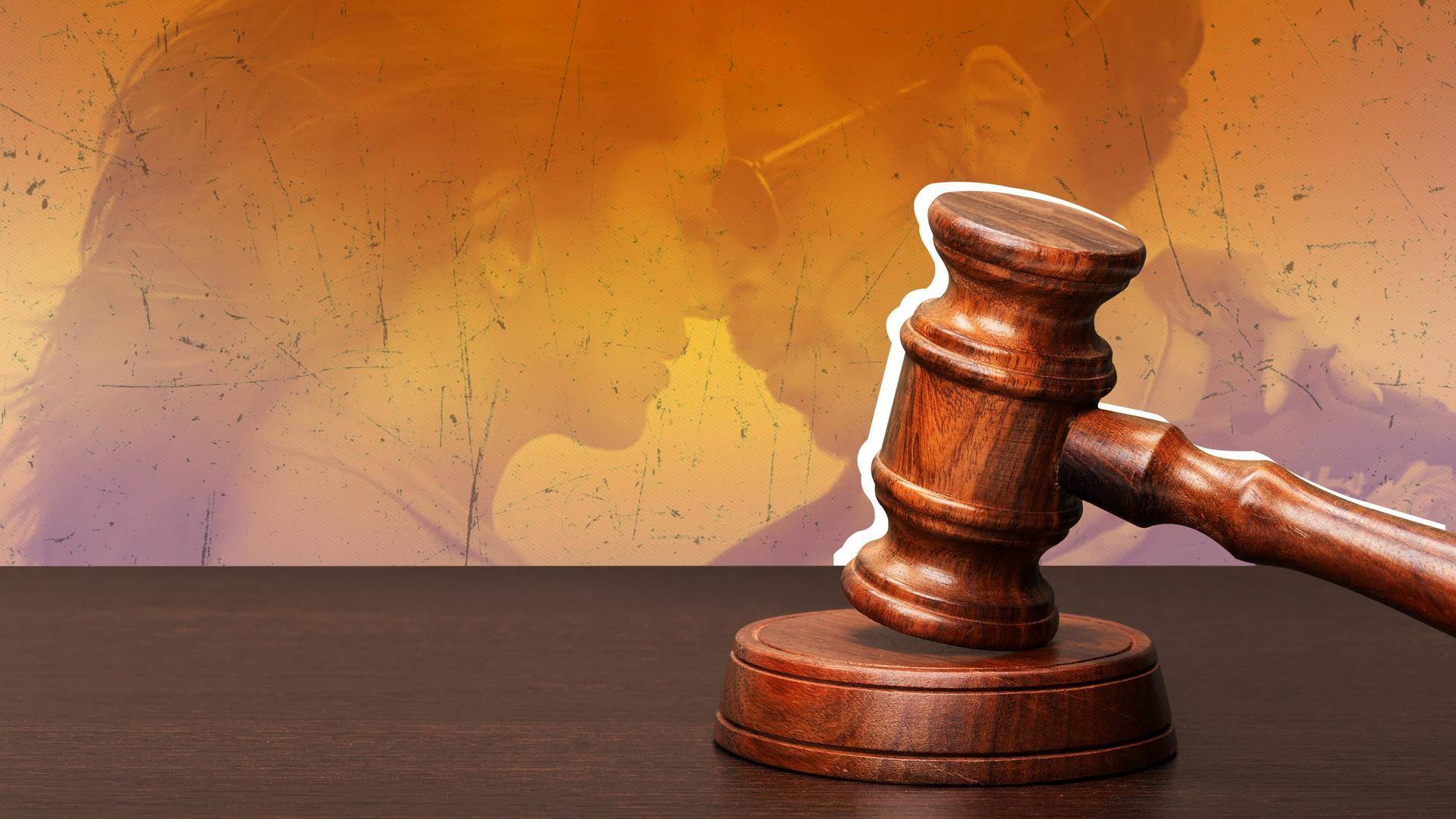
'Pathaan' row: Petition filed against 'Besharam Rang' in Bihar court
What's the story
A lawyer has filed a complaint petition with a Muzaffarpur court in Bihar, seeking a first information report (FIR) against Shah Rukh Khan and Deepika Padukone, among others, for allegedly hurting "religious sentiments" of Hindus in Pathaan's song Besharam Rang.
The plea came days after a number of protests were staged against the upcoming film's song Besharam Rang, which was released earlier this week.
Context
Why does this story matter?
The said song, which features Khan and Deepika Padukone, came under fire when Madhya Pradesh's Home Minister Narottam Mishra earlier raised objections over her saffron outfit along with some alleged "objectionable" scenes.
He also warned the makers of Pathaan that if needful changes aren't made in the film, the Madhya Pradesh government would have to decide against the film's release in the state.
Details
What does the petition say?
The complaint plea in the Muzaffarpur court was filed by lawyer Sudhir Ojha. In his petition, he claimed Besharam Rang "hurt the sentiments" of the Hindus.
Speaking to reporters, Ojha claimed, "The song Besharam Rang of the film Pathaan is objectionable, and it hurts the sentiments of the Hindu community."
The matter will be heard before the Chief Judicial Magistrate Court on January 3.
Protests
Protests against 'Pathaan'
Soon after the Besharam Rang controversy erupted, several protests were held in parts of the country, including Indore, where an outfit burnt the effigies of Khan and Padukone at the busy junction of Malwa Mill Square in the city.
Moreover, a mahant from Ayodhya, through a video, also recently called for Pathaan's ban, apart from the "burning of theaters" that will be screening Pathaan.
Reaction
Amid 'Pathaan' row, Amitabh Bachchan speaks on freedom of expression
Meanwhile, in the midst of the Pathaan controversy, Amitabh Bachchan recently voiced his strong opinion on freedom of expression at the Kolkata International Film Festival on Thursday.
Bachchan, known for giving his politically correct opinions, said, "The 1952 Cinematograph Act set out the structure of censorship as it stands today... But even now...questions are being raised on civil liberties and freedom of expression."